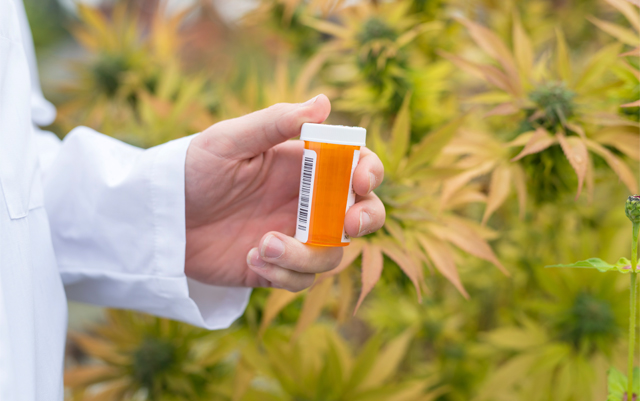PA Court Says MMJ Costs Can be Reimbursed for Work-Related Injuries
On Friday, the Pennsylvania Commonwealth Court ruled in favor of the plaintiffs in two separate cases regarding medical cannabis costs. In each case, the plaintiff filed for reimbursement for medical marijuana costs for a work-related injury. In both cases, the Workers’ Compensation Appeals Board upheld the denial of those claims. In one case, the company involved argued that reimbursing the medical cannabis costs would be a violation of federal law. But, the Commonwealth Court sided with the plaintiffs in both cases and ruled that MMJ cost reimbursement would not be a federal crime as the insurers were not prescribing the medical cannabis.
Kentucky Will Begin Restricting Access to Delta-8 THC
Kentucky is the latest state to move to impose restrictions on the sale of delta-8 THC products. Beginning August 1st of this year, delta-8 THC products will be tested and labeled. There will also be age restrictions for purchasing the products. The bipartisan bill to impose these regulations passed both chambers of the state’s Legislature and is expected to be signed by Governor Andy Beshear. Last year, a Kentucky court ruled that delta-8 THC is legal. In response, the governor issued an executive order for state regulators to require the products be labeled appropriately. As a result, the Legislature passed House Bill 544. The legislation states that regulators will institute testing and packaging requirements and that the sales of delta-8 THC products be limited to those aged 21 and older.
Potency Testing on Canadian Retail Marijuana Shows Lower THC Levels than Labeled Amount
Supra Research and Development, a licensed cannabis testing lab in British Columbia, recently shared the findings of potency tests performed on Canadian retail cannabis. Rob O’Brien, CEO and chief science officer for Supra, tested 46 samples from different cannabis flower products grown by 21 licensed producers. The samples were from various retail cannabis stores throughout British Columbia. According to O’Brien’s results, all 46 samples had lower levels of THC than what was stated on the label. O’Brien has not revealed the specific product names or the producers, as he has said he does not want to “shame” the industry. Rumors of THC inflation have plagued the Canadian cannabis industry for some time and the issue has become more prevalent in the United States, causing state officials to crack down on labs that exaggerate THC content for products.






